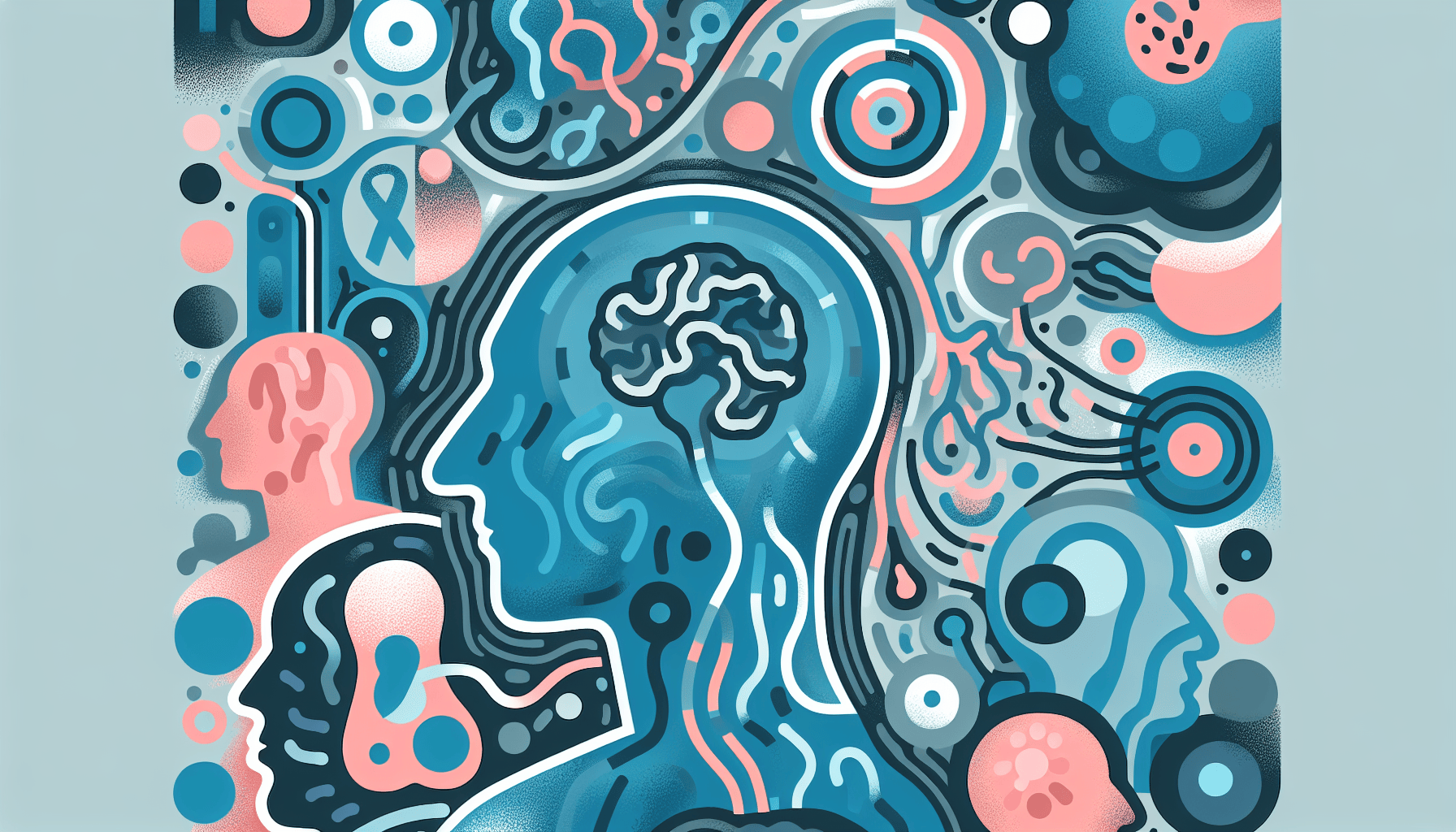Menopause Mood Swings
Menopause brings profound hormonal shifts extending far beyond hot flashes and irregular periods. As estrogen and progesterone levels decline, many women experience [...]
Read More
Medically reviewed by Jerome Albert Ecker | MD, Assistant Professor of Medicine, Duke University - Durham, NC on October 20th, 2023.
AL amyloidosis affects 8-12 people per million annually and occurs when plasma cells produce abnormal light chain proteins that deposit primarily in the heart, kidneys, and nervous system.
Cardiac involvement presents as heart failure with preserved ejection fraction, causing a characteristic "sparkling" appearance on echocardiogram and elevated troponin levels even without heart attack.
Congo red staining under polarized light reveals the diagnostic apple-green birefringence of amyloid deposits, while serum free light chain ratios help identify AL type.
Autologous stem cell transplant can achieve complete remission in 30-40% of eligible patients under age 70 with adequate organ function, but carries 3-5% treatment mortality.
Survival varies dramatically by type: localized forms may not affect lifespan, while untreated systemic AL amyloidosis has a median survival of 6-24 months depending on organ involvement.
Amyloidosis is a serious health condition that occurs when an abnormal protein called amyloid builds up in your tissues and organs. This buildup can affect the shape and function of the affected organs, potentially leading to life-threatening organ failure. In this article, we'll explore the causes, types, symptoms, diagnosis, and treatment options for amyloidosis.
Several different proteins can cause amyloid deposits, but only a few have been linked to major health problems. The type of protein and where it accumulates determines the type of amyloidosis you have. Amyloid deposits may collect throughout your body or in just one area. The different types of amyloidosis include:
AL amyloidosis (immunoglobulin light chain amyloidosis)
AA amyloidosis
Dialysis-related amyloidosis (DRA)
Familial, or hereditary, amyloidosis
Age-related (senile) systemic amyloidosis
Organ-specific amyloidosis
Symptoms of amyloidosis can be subtle and vary depending on where the amyloid protein accumulates in the body. General symptoms may include changes in skin color, severe fatigue, feeling of fullness, joint pain, anemia, shortness of breath, swelling of the tongue, tingling and numbness in legs and feet, weak hand grip, severe weakness, and sudden weight loss.

Amyloid deposits in the heart can make the muscular walls stiff and weaken the heart muscle, affecting its electrical rhythm. Symptoms of cardiac amyloidosis include shortness of breath, irregular heartbeat, and signs of heart failure.
Amyloid deposits in the kidneys make it hard for them to filter waste and toxins from the blood, leading to kidney failure. Symptoms include swelling of the feet and ankles, puffiness around the eyes, and high levels of protein in the urine.
Amyloid deposits along the gastrointestinal tract can slow down the movement of food through the intestines, interfering with digestion. Symptoms may include reduced appetite, diarrhea, nausea, stomach pain, and weight loss.
Amyloid deposits can damage the peripheral nerves, causing balance problems, bladder and bowel control issues, sweating problems, tingling and weakness, and lightheadedness when standing.
A thorough physical exam, detailed medical history, blood and urine tests, and a biopsy are crucial for diagnosing amyloidosis. Imaging tests can help assess the damage to organs like the heart, liver, or spleen. Genetic testing may be necessary if a hereditary type of amyloidosis is suspected.
There is no cure for amyloidosis, but treatments can slow the development of the amyloid protein and manage symptoms. Treatment depends on the type of amyloidosis and the affected organs. Options may include:
High-dose chemotherapy with stem cell transplant
Chemotherapy medicines
Steroids to control inflammation
Liver transplant for certain types of hereditary amyloidosis
New therapies to slow the production of abnormal proteins
Kidney transplant
Symptom management with diuretics, thickeners for fluids, compression stockings, and dietary changes
Early diagnosis and treatment are crucial for improving survival rates. Researchers continue to study amyloidosis to develop new treatments and understand why some types of amyloid cause illness. If you have amyloidosis, consider asking your doctor about clinical trials you may be eligible to join, or search for one at www.clinicaltrials.gov.
For more information on amyloidosis, visit:
Early recognition is crucial since cardiac amyloidosis can progress rapidly to end-stage heart failure within months of symptom onset. The combination of unexplained heart failure, kidney disease, and peripheral neuropathy should prompt immediate amyloid evaluation. If you're experiencing these concerning symptoms or have questions about unusual protein levels, Doctronic can help connect you with appropriate specialists quickly.
Menopause brings profound hormonal shifts extending far beyond hot flashes and irregular periods. As estrogen and progesterone levels decline, many women experience [...]
Read MoreLower back pain affects millions of people daily, whether from sitting too long at a desk, lifting heavy objects, or dealing with chronic conditions. While what causes lower [...]
Read MoreThe liver stands as one of your body's most hardworking organs, performing over 500 vital functions from detoxification to protein production. Yet liver disease often [...]
Read More